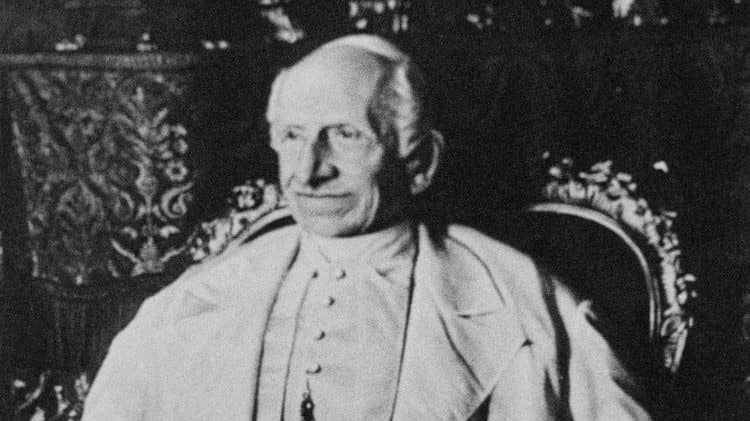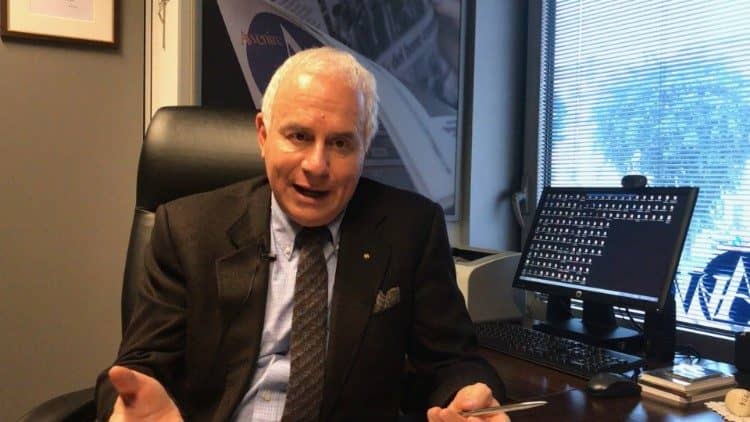DUBLIN – To some extent, it’s undoubtedly unfair to reduce Pope Francis’s visit to Ireland this weekend entirely to a referendum on his handling of the Church’s clerical sexual abuse scandals.
To begin with, the pontiff is here to cap a week-long World Meeting of Families, which has brought together Catholics from 116 different countries. They represent a staggering variety of backgrounds and experiences, and the pope no doubt feels obligated to somehow reach out to them all.
For another, while the abuse scandals are an enormous challenge for the Church in Ireland, it’s hardy the only one. Many Catholics here are still reeling from a stinging defeat in a national referendum to legalize abortion, Mass attendance rates and vocations to the priesthood and religious life are down, economic change has created new social rifts, there’s uncertainty about relations with Northern Ireland due to Brexit, the embers of a Catholic/Protestant conflict that stoked “the Troubles” still sometimes smolder, and on and on.
The vastly changed social landscape compared to the last time a pope was here almost 40 years ago was visible, among other things, from the relatively light crowds that packed city streets as Francis moved through Dublin. When John Paul II came in 1979, an estimated 2.5 million people saw him in one way or another, over half the country; nothing comparable seems likely to happen this time around.
In context, however, all of that is taking a back seat.
Given Ireland’s own painful history on the clerical abuse scandals, combined with the recent revelations concerning Chile, Cardinal Theodore McCarrick, and a Pennsylvania grand jury, it’s inevitable that the acid test for the trip has become how successfully Francis engages the abuse crisis.
If Francis was under any illusion about that, it was dissipated when he was welcomed to Ireland by openly gay Prime Minister Leo Varadkar, who became the youngest Irishman to hold the office when he was sworn in a year ago at the age of 38.
Varadkar publicly recalled the Church’s history on the abuse scandals and urged the pontiff to action.
“In place of Christian charity, forgiveness and compassion, far too often there was judgement, severity and cruelty, in particular, towards women and children and those on the margins,” Varadkar said. “Wounds are still open and there is much to be done to bring about justice and truth and healing for victims and survivors.”
“Holy Father, I ask that you use your office and influence to ensure this is done here in Ireland and across the World,” he said.
How well Francis is able to satisfy public expectations really can only be assessed at the end of the trip, after we’ve seen everything he says and does.
On the other hand, it’s fair to say that his speech to politicians, diplomats and civil society on Saturday was the single most natural venue to bring it up and may be his most developed treatment over his 32 hours in the country. That speech was also his first shot in Ireland at clearing the air, meaning that presumably he’d want it to include the most important points he plans to make.
Judging by that performance, Francis appeared to deliver some, but by no means all, of what survivors and reformers are clamoring to hear.
In a positive key, he clearly used the word “crimes” to refer to incidents of child sexual abuse, calling them “repellent.” The fashion in which Church leaders once preferred to use terms such as “sin” and “failure” rather than crime often struck victims as spiritualizing what’s actually a criminal act for which punishment is due under the civil law.
Francis also signaled resolve to face the crisis, pledging “a greater commitment to eliminating this scourge in the Church — at whatever cost,” in a phrase that represented an addition to his prepared remarks.
On the negative side of the ledge, it may have been a strategic miscue for Francis to associate himself with Pope emeritus Benedict XVI’s 2010 letter to Irish Catholics, since it’s remembered here as a disappointment for appearing to lay blame for the abuse crisis exclusively at the feet of local bishops without acknowledging any responsibility on the part of the Vatican or the papacy.
It also didn’t escape the attention of many commentators that, despite the encouraging rhetoric, the pope didn’t actually offer any new concrete detail about what “eliminating this scourge” might mean in practice.
An advocacy group for victims of clerical abuse called the speech a “missed opportunity.” Speaking to Crux, survivor and Amnesty International executive Colm O’Gorman went further: “Yet again a pope has failed to tell the plain truth,” he said.
The One in Four Group charged that Francis failed to announce any “tangible changes in Vatican law or policy that would tackle the sex offenders and their protectors in a meaningful way.”
“How hard would it be to accept the recommendation of his own Commission on the Protection of Minors to establish a special council charged with dealing with all bishops and cardinals who shield and protect clerical sex offenders?” the group asked.
Even the leader of Ireland’s main conservative opposition party, Micheál Martin of Fianna Fáil, got in on the act, telling reporters that he would have preferred “actions over words” from the pontiff.
In particular, many Irish activists and commentators have called on Francis to spell out how he’s going to fill what’s perceived as an “accountability gap,” not so much for the crime of abuse but the cover-up.
The general consensus is that while Catholicism has adopted strong measures for the prevention, detection and reporting of abuse, it does not yet have equally “stringent norms,” to use a phrase Francis employed Saturday, for bishops and other superiors who turn a bind eye to abuse charges or actively seek to hide them.
Father Declan Marmion, dean of theology at the Irish national seminary of Maynooth, seemed to speak for many, writing in The Times Saturday morning.
“We must wait to see if the new beginning that his election represented for the Church will translate into robust accountability structures not only for those who committed such crimes but also for those who covered them up.”
At least so far, none of that translation seems to be happening in Dublin – and if that remains true though the pontiff’s departure Sunday evening, then his 32 hours on the Emerald Isle may be remembered here as a decidedly mixed bag.

















